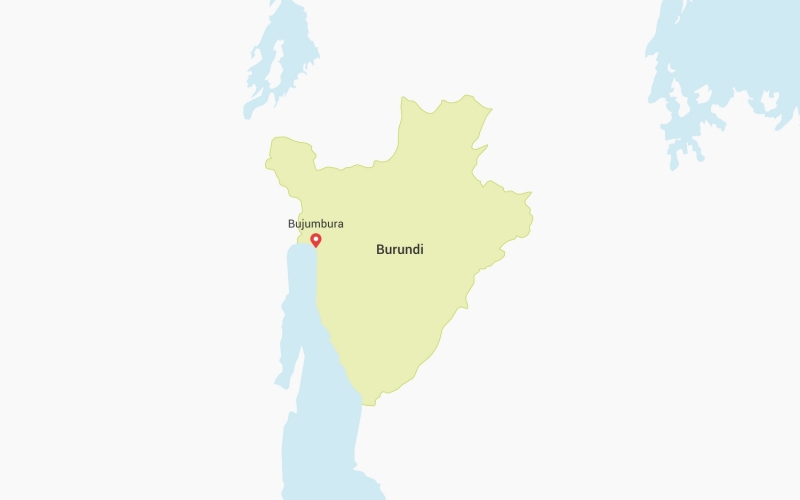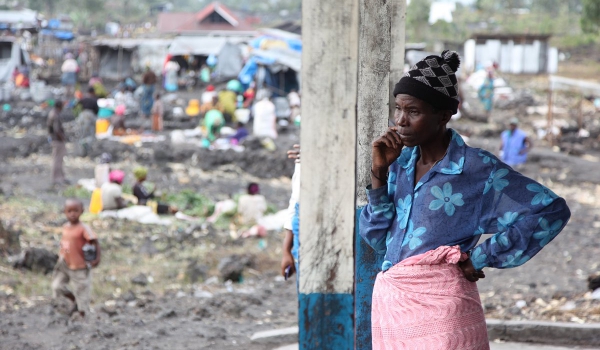
Throughout its history, Burundi has experienced allegations of serious international crimes in the course of civil wars. In April 2016, after the OTP received numerous communications about alleged Rome Statute crimes including killings, arbitrary detentions, enforced disappearances, torture, rape and other forms of sexual violence, the ICC prosecutor announced a preliminary examination of the situation in the country from April 2015 onward, when demonstrations and violence erupted over the incumbent president’s decision to run for a third term. On 25 October, the ICC Prosecutor was authorized to open a proprio motu investigation into alleged crimes committed since 26 April 2015 until 26 October 2017. The Pre-Trial Chamber found a reasonable basis to believe that State agents and groups implementing State policies launched a widespread and systematic attack against the Burundian civilian population.
.



